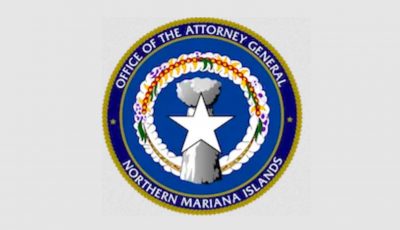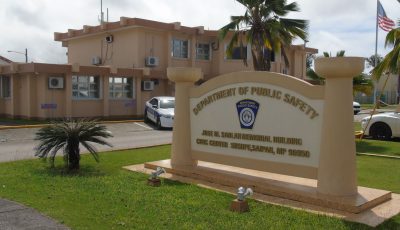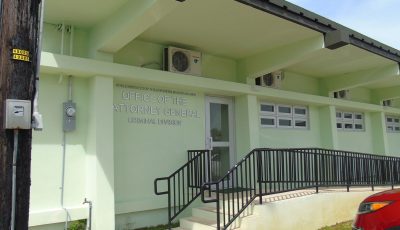THE CONSUMER CAUTION CORNER
Unwanted telemarketing calls and the ‘National Do-Not-Call List’
This week, the Office of the Attorney General’s “Consumer Caution Corner” outlines the Federal Communications Commission’s guidance on how to best avoid unwanted telemarketing calls by utilizing the “National Do-Not-Call List.”
Overview: Telephone Consumer Protection Act
Under the Telephone Consumer Protection Act, the FCC has rules in effect that address unsolicited telephone marketing calls – including those using automated and prerecorded messages. Under current FCC rules:
• Anyone making a telephone solicitation call to your home must provide his or her name, the name of the person or entity on whose behalf the call is being made, and a telephone number or address at which that person or entity can be contacted.
• Telephone solicitation calls to your home are prohibited before 8 am or after 9 pm.
• Telemarketers must comply immediately with any do-not-call request you make during a solicitation call.
What is the National Do-Not-Call List and how does it work?
In 2003, in an effort to increase consumer protection, the FCC helped establish the national Do-Not-Call list with the Federal Trade Commission (FTC). The national Do-Not-Call list protects home voice or personal wireless phone numbers only. Once you have placed your home phone number or numbers, including any personal wireless phone numbers, on the national Do-Not-Call list, callers are prohibited from making telephone solicitations to those number(s). Your number(s) will remain on the list until you remove them or discontinue service – there is no need to re-register numbers.
You can register your home phone number or wireless numbers on the national Do-Not-Call list by phone or by Internet at no cost. To add a phone number to the national Do-Not-Call list via the Internet, go to www.donotcall.gov.
Telemarketers have up to thirty-one (31) days from the date that you register your telephone number to remove it from their call lists and stop calling you.
What is a telephone solicitation?
A telephone solicitation is a telephone call that acts as an advertisement. However, some phone solicitations are permissible under FCC rules, including: calls or messages placed with your express prior permission, by or on behalf of a tax-exempt non-profit organization, or from a person or organization. However, having an established business relationship no longer meets the rules for permissible unsolicited calls to your landline phone. Companies and telemarketers must have your express permission to call.
If I continue to receive such calls, what can I do?
If you receive a telephone solicitation that you think violates any of the FCC rules, you can file a complaint with the FCC. The FCC can issue warning citations and impose fines against companies violating or suspected of violating the do-not-call rules, but does not award individual damages.
Filing a complaint
You have multiple options for filing a complaint with the FCC:
• File a complaint online at https://consumercomplaints.fcc.gov
• By phone: 1-888-CALL-FCC (1-888-225-5322); TTY: 1-888-TELL-FCC (1-888-835-5322) ; ASL: 1-844-432-2275
• By mail (please include your name, address, contact information and as much detail about your complaint as possible):
Federal Communications Commission
Consumer and Governmental Affairs Bureau
Consumer Inquiries and Complaints Division
445 12th Street, S.W.
Washington, DC 20554
Each week, the OAG’s Consumer Protection Education Program shares FTC or FCC publications that provide consumers and businesses with the “know-how” to identify and protect themselves from unfair trade practices and marketplace schemes. If you would like to file a Consumer Complaint, please pick up a Form at the OAG (in Capitol Hill) or request one by email from consumer_counsel@cnmioag.org. After completing the Consumer Complaint, please submit it by email or in-person. We cannot act as your private attorney. If you need legal assistance, we will recommend that you contact a private attorney or legal aid organization. We cannot give legal advice or act as your private attorney. (Michael J. Cyganek)
Special to the Saipan Tribune
Michael J. Cyganek is the consumer counsel of the Office of the Attorney General.



























